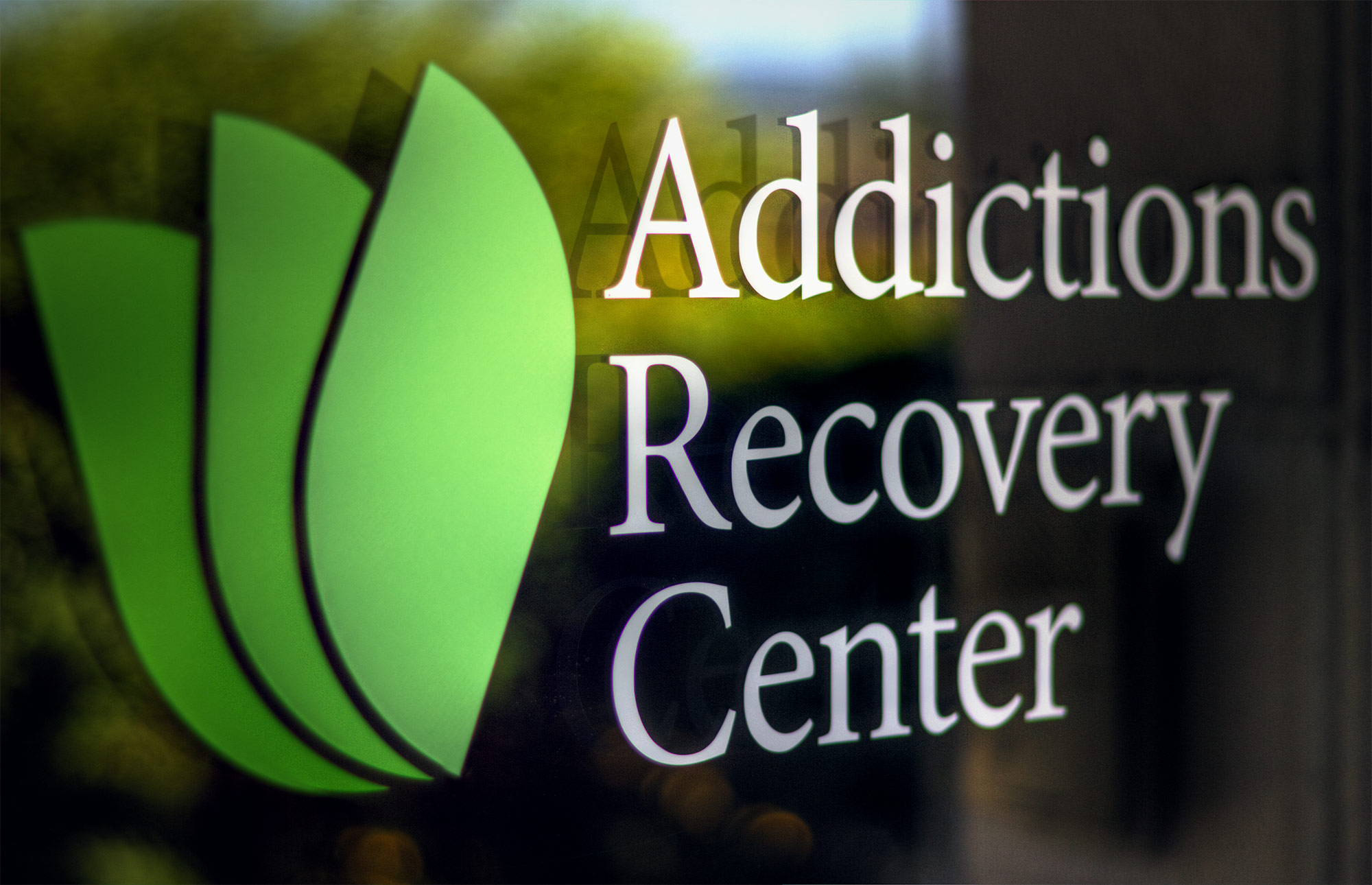Encouraging Lives: Finding Your Perfect Addiction Treatment Center
Encouraging Lives: Finding Your Perfect Addiction Treatment Center
Blog Article
Browsing the Trip of Detoxification in the Comprehensive Dependency Treatment Program
The process of cleansing holds a substantial function in damaging the physical reliance on substances and preparing the person for the subsequent phases of therapy. As people grapple with the obstacles of withdrawal signs and the unpredictabilities that lie ahead, having a robust support and a structured plan system in location becomes paramount.
Relevance of Cleansing in Recuperation

Cleansing establishes the structure for the remainder of the addiction treatment program by preparing the person for more treatment and therapy. By cleansing the body important that have actually been clouding judgment and impacting habits, detoxification allows individuals to approach their healing with a more clear mind and stronger focus.
In addition, cleansing aids in taking care of the potentially extreme withdrawal symptoms that may develop when medication or alcohol use is stopped. Medical experts very closely monitor patients during detoxification to guarantee their safety and provide essential support. With this process, people can start their journey towards soberness with a stabilized mental and physical state, boosting the likelihood of a successful healing.
Recognizing the Detoxification Refine
Cleansing, a fundamental component of addiction treatment programs, involves a structured process targeted at safely getting rid of unsafe compounds from the body to promote a successful healing journey. The detoxification procedure normally begins with an evaluation to examine the individual's substance use background, physical wellness, and psychological health. This analysis aids medical care professionals determine the most proper detox plan customized to the person's demands.
During detox, the body experiences withdrawal as it readjusts to the absence of the substance. Withdrawal symptoms vary relying on the sort of substance made use of, the duration of use, and individual aspects. Clinical supervision throughout detox is critical to handle withdrawal signs and symptoms and ensure the individual's security and comfort.

Handling Withdrawal Symptoms

Medicines may be used to click site reduce details withdrawal symptoms and reduce the original source discomfort. As an example, medicines like methadone or buprenorphine can assist handle opioid withdrawal symptoms, while benzodiazepines may be utilized for alcohol withdrawal. It is essential for health care service providers to meticulously monitor the person's feedback to these medicines to guarantee their security and effectiveness.
Along with medicinal interventions, encouraging treatments such as therapy, peer support system, and all natural methods like mindfulness meditation or yoga exercise can help individuals deal with the mental and emotional obstacles of withdrawal. By attending to withdrawal signs adequately, doctor can enhance the cleansing experience and support people on their trip to recovery.

Support Solutions During Detox
Assistance systems play an essential role in providing emotional and social support to people going through detoxification in dependency treatment programs. Throughout the detox process, people usually experience a variety of psychological and physical withdrawal signs and symptoms, making this phase difficult - Addiction Treatment Center. Having a strong support group in area can considerably affect the individual's ability to browse through detoxification successfully
Household participants, friends, support system, and healthcare professionals are vital components of the assistance system. Household participants and pals can use inspiration, understanding, and a sense of belonging during this challenging time. Support system provide a platform for individuals to connect with others who are going via comparable experiences, providing a sense of neighborhood and shared understanding. Healthcare specialists, consisting of therapists, physicians, and specialists, play a critical duty in keeping an eye on the individual's progression, supplying medical support, and supplying advice throughout the detoxification process.
Looking Ahead: Life After Detoxification
Having effectively finished the detoxing stage, individuals in addiction treatment programs currently concentrate on getting ready for the obstacles and opportunities that exist ahead in their trip towards recovery. Life after detoxification marks a critical change period where people should continue to construct on the development made throughout detox to maintain their soberness. It is essential for people to identify that the trip towards recuperation is continuous and calls for commitment, dedication, and a willingness to embrace change.
One trick aspect of life after detoxification is the development of coping systems to handle triggers and yearnings that might develop. This might entail finding out new skills, such as mindfulness techniques, cognitive-behavioral methods, and stress and anxiety management techniques, to navigate tough situations without considering material use. Furthermore, individuals are motivated to proactively take part in ongoing treatment, support groups, and aftercare programs to strengthen their assistance network and obtain guidance as they navigate the complexities of life post-detox.
Final Thought
Finally, detoxification is an important component of the thorough addiction therapy program. Recognizing the detox process and managing withdrawal signs and symptoms are crucial steps towards healing. Support group play a substantial duty throughout this tough journey. Addiction Treatment Center. Looking ahead, life after detox holds pledge for a healthier, substance-free future. It is essential to recognize the value of detoxification in my website the process of getting rid of addiction and relocating towards a life of sobriety.
Medical guidance during detoxification is important to manage withdrawal signs and symptoms and make certain the individual's safety and convenience.
By comprehending the detoxification process and its value in damaging the cycle of addiction, individuals can embark on a path towards lasting recuperation.
Throughout the detox procedure, individuals typically experience a range of mental and physical withdrawal symptoms, making this phase difficult. Health care professionals, including medical professionals, therapists, and therapists, play a critical function in keeping an eye on the individual's progression, providing clinical support, and supplying support throughout the detoxification process.
Life after detox marks an important transition duration where individuals must proceed to build on the progress made during detoxification to maintain their soberness.
Report this page